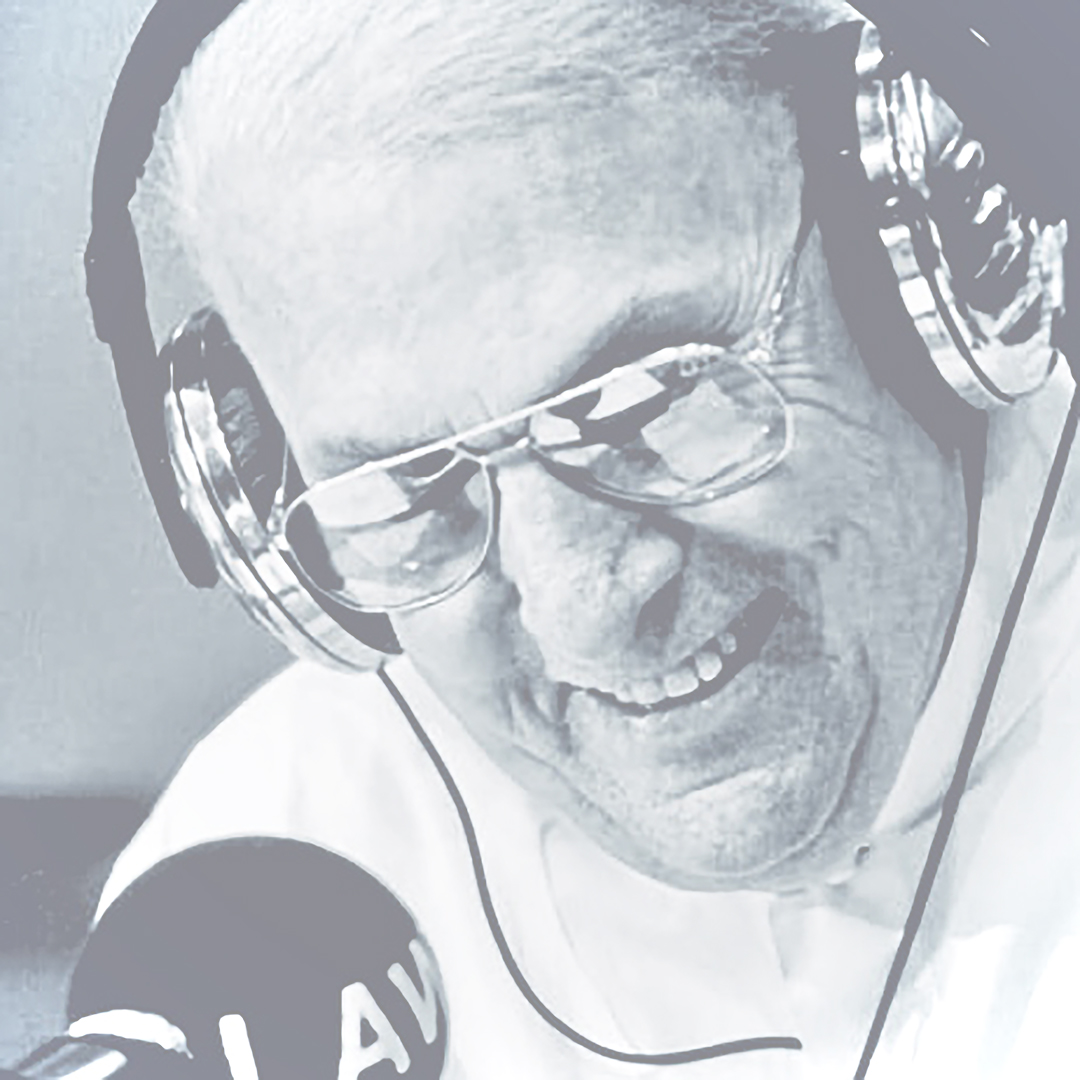10.11.2025
…and You Be Kind to Each Other. Over and Out.
It was barely more than a decade that I had worked in radio.
Most of it was night broadcasting, midnight to dawn, late nights, evenings, to an audience doing whatever it is night audiences do. It was in these hours back in the late sixties to early seventies that I ‘discovered’ radio; fell for it, and decided, it was there where I wanted to be.
Most of radio’s allure for me back then was of the voice, that distant intimacy of a speech that seemed to speak to me alone, especially so by night time presenters. Later, I would learn from experienced broadcasters how this was done: that ‘the trick’ was to imagine oneself having the exclusive privilege of an audience of just one person. It was this one listener I should focus my attention on to communicate. Of course, to a seventeen year old, this earnest instructional insight was a revelation.
The qualities, or timbre, of the various voices began to be discernible, as well as for their projections of personality, and in some cases of their virtually gymnastic flexibility to instantly alter into that of an entirely other individual. For the most part, what all was said in those broadcasts is unremembered…how it was said is what remained and coalesced with the mentoring I’d received.
At the approach to teenagerhood, I became aware of John Laws, already a renowned talk show host. At the time, he presented mornings at Sydney’s 2UW, and I listened in fragments via a pink ear plug from a transistor radio (I was at school after all). His stature—if such can be said of somebody unseen and on-the-air—was that his presence was his essence. Long before I knew anything of the technicalities of Laws’ abilities as a broadcaster—he personally operated his console—his force of dynamism was that which elevated him. He was signal amongst the airwaves.
His show’s introduction was a proclamation in Latin jazz pop: Herb Alpert and the Tijuana Brass played El Presidente; cutlasses of shining brass and firing percussion swaggeringly heralded Laws into the talkback radio arena. For three hours a day, five days a week, John Laws held captive a huge audience, interviewing, cajoling, playing his favourites, outraging, and on occasion bringing tenderness.
Late in 1976 I found myself entering a small rattly lift at 365 Kent Street, Sydney, destination the studios of 2UW. The atmosphere of entering the hallowed halls of one of the city’s oldest radio stations, alone, was electric, the fact it was where Laws broadcast from was something else. Doing it in the middle of the night—1am—was wild. What would I see?
The lift opened to reveal the lights were out, except for at the end of hallways and the top and bottom of the staircase joining the station’s two floors—up around the 7th level. Being an older building it exhibited a creakiness expected in any such a place, whether hotel, or insurance building, and there was the smell: old linoleum and the scent of its polish. But what I wanted to see was Laws’ studio.
To my naïve eyes what I beheld in the Laws end of the studio block was remarkable. It was none of the ordinariness of radio studios of the time: double or triple-glazed picture windows and soundproof pegboard walls, with airlock doorways. Such ordinariness had undergone a transformation. The station’s star had apparently organised for his broadcast domain to be embellished with floor to ceiling murals: African jungle scapes. Painted in broad sweeps of bright flat colour were many of the large beasts—lion, tiger, elephant—amidst the jungliness of fronds and grasses and trees. The most impressive, painted up and over the door frame, being the giraffe, whose portrait had the studio’s red On-Air light bulb emerging from its mouth.
The Laws studio was evidently kept spick and span, headphones placed upon the desk at the console, button lights glowing patiently below his microphone. The VU meters, then at rest, would again, in a few hours, be thrust into motion by his interrogations, pronouncements, and product pitches…at this very place.
I hadn’t yet entered my first radio employment, but as far I was concerned, that night was a signifier.
In the late ’90s I had the brief opportunity to thank him for inspiring me.
John Laws signed-off for the last time Sunday.
His daily broadcast sign-off had been: “…and you be kind to each other.” It was delivered simply, without the pretense of performance. It left one with the sense he did indeed have the heart so many detractors liked to believe he had forsaken.

TA
